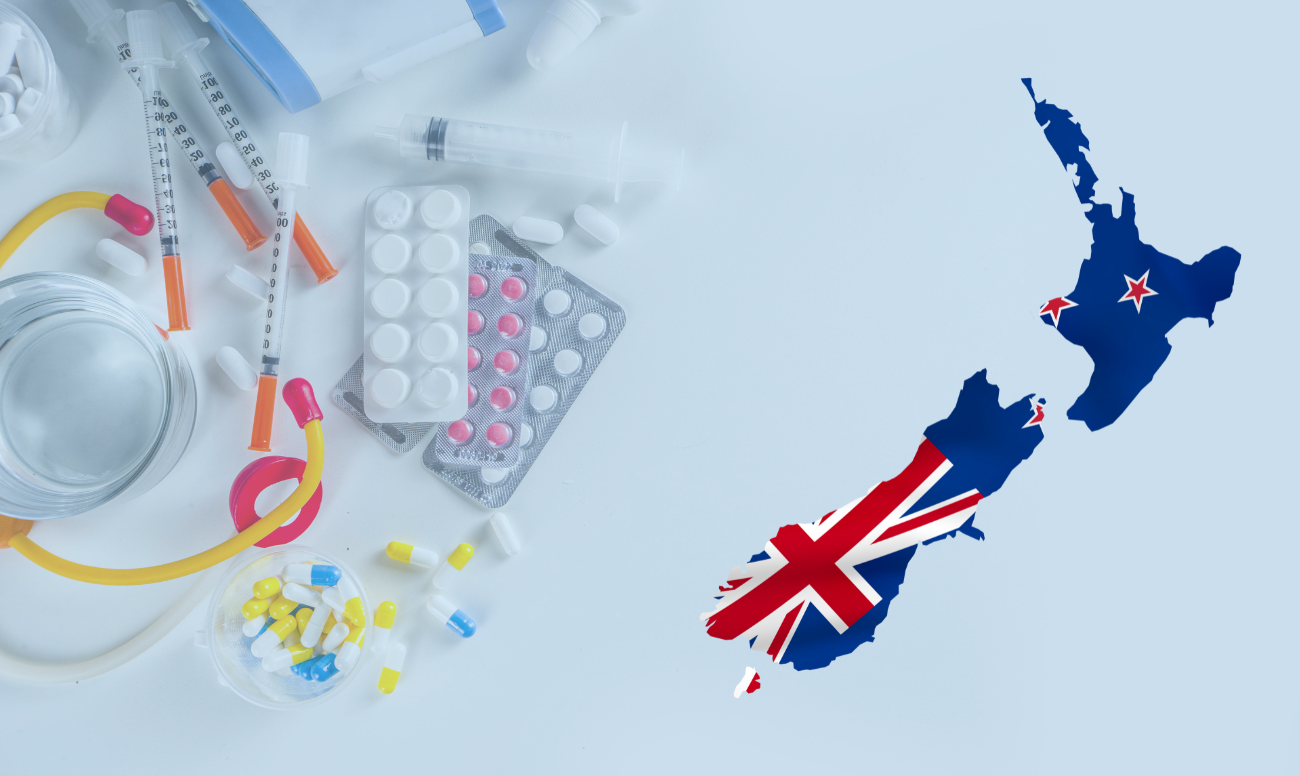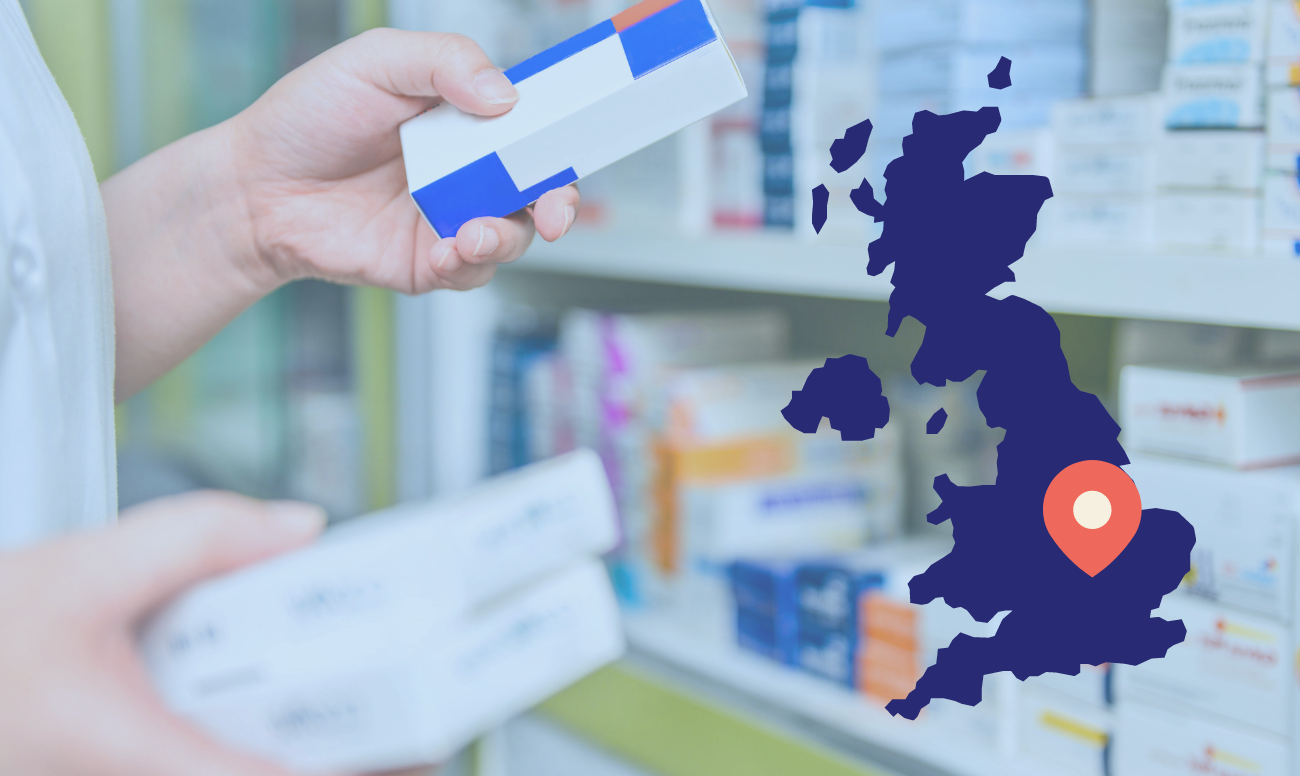
Biosimilars: Paving The Path For Affordable Specialty Pharmaceuticals
Biologics are large, complex molecules derived from biological sources, which are used to treat various life-threatening and debilitating diseases like cancer, diabetes, and rheumatoid arthritis. However, despite their massive therapeutic potential, the high cost of research, development and manufacturing of biologics makes these specialty pharmaceuticals unaffordable and inaccessible to many populations. Biosimilars are affordable alternatives to biologics, with equivalent therapeutic benefits. Hence, healthcare providers can prescribe biosimilars to patients who are not be able to afford the patented biologics.
Here is an overview of how biosimilars fill a crucial gap in the pharmaceutical landscape and allow healthcare professionals to offer affordable treatment alternatives to expensive biopharmaceuticals.
What are Biologics?
Biologics, biopharmaceuticals, or biological medical products are a class of pharmaceuticals derived from biological sources such as humans, animals, or microorganisms. They are large and complex molecules such as proteins, nucleic acids, or sugars that are used to treat a wide range of medical conditions. Biologics have offered effective treatments for a variety of life-threatening diseases, including cancer, diabetes, and inflammatory disorders. However, they require cutting-edge biotechnology and sophisticated manufacturing processes, making the cost of biologics a prohibitive factor for many patient groups.
Biologics vs. Conventional DrugsConventional drugs are small-molecule medicines that have a well-defined structure. They can be chemically synthesized using standard production methodologies, resulting in homogeneity across batches. On the other hand, biologics have a complex molecular structure and are produced through sophisticated techniques using cell cultures, which increase cost and result in slight variations between different batches. Therefore, replicating conventional drugs to produce generic alternatives is usually a simpler process compared to developing biosimilars with the same therapeutic effects and safety as complex biologics. |
What are Biosimilars?
Biosimilars are biological products developed to resemble reference biologics. When the manufacturer of a biologic loses market exclusivity in a geography, biosimilars that resemble the reference biologic can enter the market, once approved by the regulatory body for the region. Given the complex structures and manufacturing of biologics, a biosimilar is highly similar to the reference biologic but may have slight structural differences. However, it offers the same treatment efficacy as the original biologic and healthcare providers can prescribe approved biosimilars when the patented biologic is not available due to cost or accessibility issues.
Biosimilars vs. Reference Biologics
While applying for the approval of a biosimilar, manufacturers must establish that the biosimilar is highly similar to the reference biologic, with the same mechanism of action and no clinically meaningful differences. Only minor variations in the inactive components may be allowed between the biosimilar and the approved biologic. Furthermore, according to the FDA, a biosimilar must have the same route of administration, the same strength and dosage, and the same potential side effects as the reference biologic. Thus, healthcare providers can consider biosimilars as effective treatment alternatives to biologics, with a price advantage due to the reduction of R&D costs at the manufacturer’s end.
Biosimilars vs. GenericsWhile both biosimilars and generics offer affordable alternatives to expensive patented drugs, they have some notable differences – 1. A generic drug is exactly similar in terms of chemical structure to the reference small-molecule drug whereas a biosimilar is highly identical but not exactly similar to the reference biologic, due to minor differences in their inactive components. 2. A generic medicine has to prove bioequivalence to its reference drug whereas a biosimilar has to establish “no clinically meaningful differences” from the reference biologic. 3. While generics are often significantly more affordable than their reference drugs, the cost difference between a reference biologic and its biosimilar may be slightly lesser due to a more complex manufacturing process demanded by biosimilars. |
Are Biosimilars Safe?
Prior to approval, biosimilars are thoroughly evaluated by regulatory bodies such as the US FDA and EMA, to ensure that they are as safe and effective as the already approved reference biologic. The biosimilar approval process involves the conduction of animal and clinical studies and the submission of toxicity, pharmacokinetics, pharmacodynamics, and immunogenicity reports which are evaluated by the regulatory board of experts. Therefore, a biosimilar can enter a regulated market only if it has no clinically meaningful difference from the reference biologic and has the same safety, efficacy, and mechanism of action.
Hence, approved biosimilars are safe and healthcare providers can prescribe them to their patients to reduce the cost burden of life-threatening or chronic diseases. Moreover, healthcare professionals should inform the patient regarding the proven efficacy of biosimilars, to remove any hesitancy or apprehensions regarding the same.
Examples of Biosimilars That Make Specialty Medicines Accessible and Affordable
Biosimilars provide an affordable alternative to patented biologics for the treatment of chronic, debilitating, and life-threatening disorders. Furthermore, they encourage the development of alternative biologic therapies and allow better access to specialty pharmaceuticals in low and middle-income countries. Hence, they can significantly reduce the burden of various diseases, improve treatment outcomes and strengthen healthcare systems in weaker geographies.
Here are some examples of biosimilars that have paved the way for affordable disease management and treatment.
1. Diabetes Management – In 2020, the USFDA officially moved insulin to the regulatory framework for biologics, opening avenues for the market entry of biosimilar insulins. Consequently, Semglee and Rezvolgar were the first two biosimilar insulins to be approved by the FDA, with the latter’s launch price offering more than 70% cost savings compared to the originator drug. Given the global prevalence of Type-2 diabetes, biosimilar insulins can thus play a massive role in reducing the cost of diabetes management for low- and mid-income populations.
2. Rheumatology – In July 2023, 7 biosimilars of Humira (adalimumab) have been launched in the market for the treatment of rheumatoid arthritis. These include Freseniuys Kabi’s Idacio (adalimumab-aacf), Coherus Biosciences’ Yusimry (adalimumab-aqvh), and Biocon Biologics’ Hulio (adalimumab-fkjp). One version of Biocon’s biosimilar adalimumab offers an 85% cost saving compared to the original biologic (Humira). Thus, healthcare providers can prescribe these biosimilars to their patients when the cost of the biologic impedes treatment.
3. Oncology – The development of biosimilars offers a ray of hope amidst rising cancer treatment costs. According to a study, biosimilars will potentially save the US health system USD 54 billion between 2017 and 2026. The USFDA has already approved various biosimilars for the most commonly-used biologics, such as bevacizumab (approved biosimilars – Mvasi, Zirabev, Alymsys, Vegzelma), trastuzumab (approved biosimilars – Ogivri, Herzuma, Ontruzant, Trazimera, Kanjinti), and rituximab (approved biosimilars – Truxima, Ruxience, Riabni). By prescribing these biosimilars to cancer patients from economically-strained backgrounds, healthcare providers can serve a larger population and potentially save more lives.
Bottom Line
Biosimilars offer the same treatment efficacy and safety as reference biologics, at a fraction of the cost. Regulatory bodies across the globe extensively evaluate each biosimilar before its market approval to ensure its equivalence to the patented biologic. Therefore, healthcare providers can prescribe these cost-effective biosimilars to their patients when the cost or availability of the patented biologic is a hurdle to treatment. Thus, by partnering with accredited pharmaceutical suppliers, healthcare entities can offer affordable treatment to their patients using biosimilars, without any safety or quality concerns.
At Eudaico, we keep a constant watch on the global pharmaceutical market to offer affordable and high-quality biosimilars to healthcare organizations from various geographies. Do get in touch with our team if you have any queries regarding the sourcing of biosimilars.




